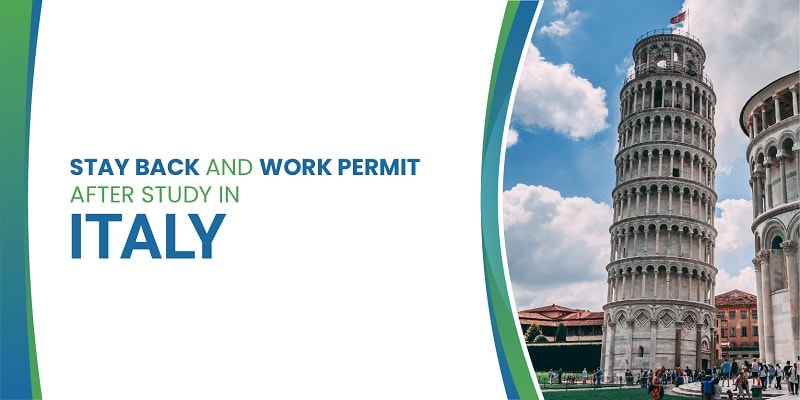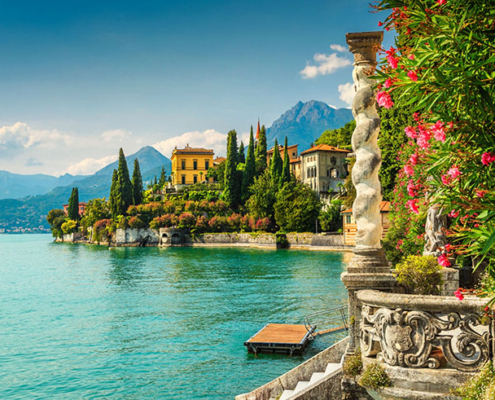University Enrollment
As per the Italian university system, to start your study in Italy, students must be at least 17 years and complete 12 years of schooling. You can enrol directly at the university’s official website. Once registered, you will receive an “identification number” that can be used to pay university tax and to register for any exam.
Now, that you have selected your study program, check if it requires any admission test. Majorly, a national entry test is required for courses in Architecture, Medicine and Surgery, Dentistry, Veterinary Medicine, Health Care Professions and Educational Sciences. However, any higher education institution may require admission tests for other courses in addition to those listed.
- Submit pre-enrollment application usually from February to the end of July
- Original high-school diploma certificate
- LOR, SOP, essay, CV, transcripts
- Two photographs
- Proof of academic eligibility
- Language proficiency
Need help with admission queries about study in Italy and support during the pre-enrollment procedure? Talk to our admission experts at SwiftFord, we can help you with everything you need.


